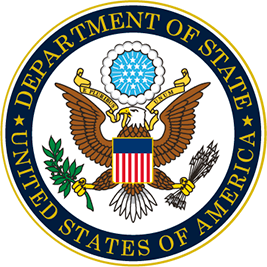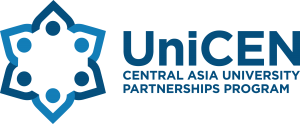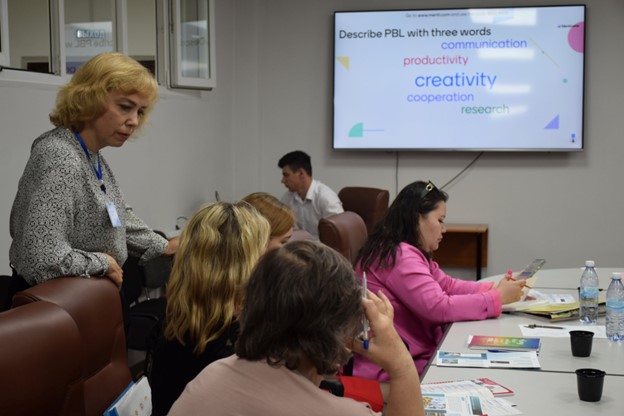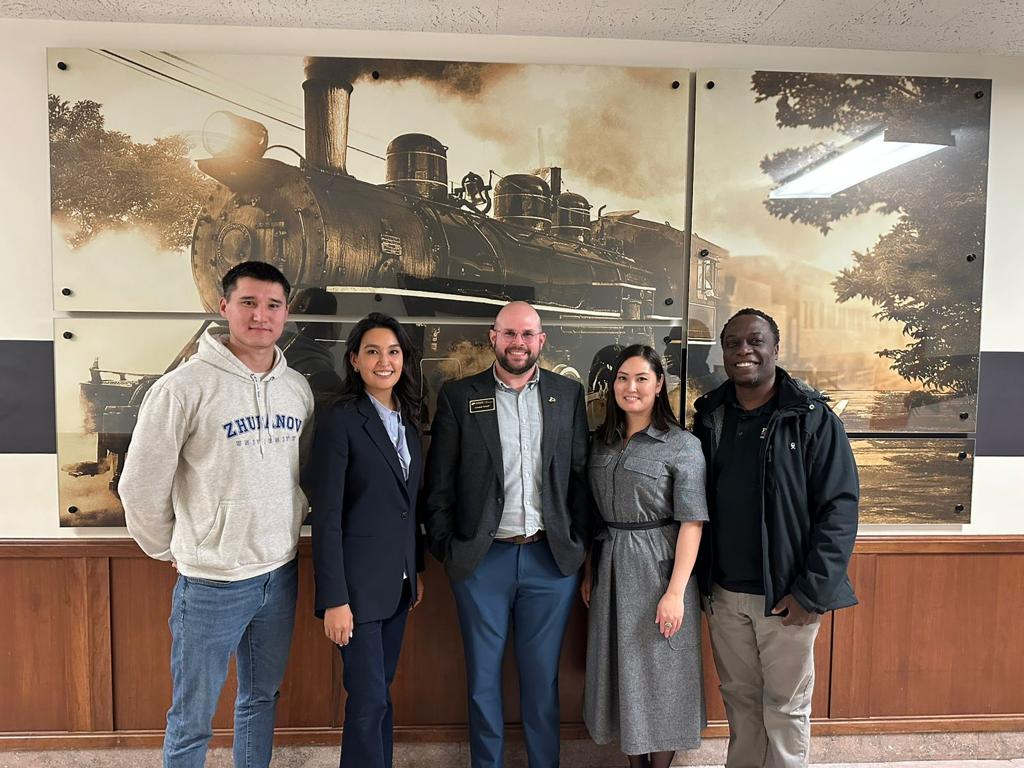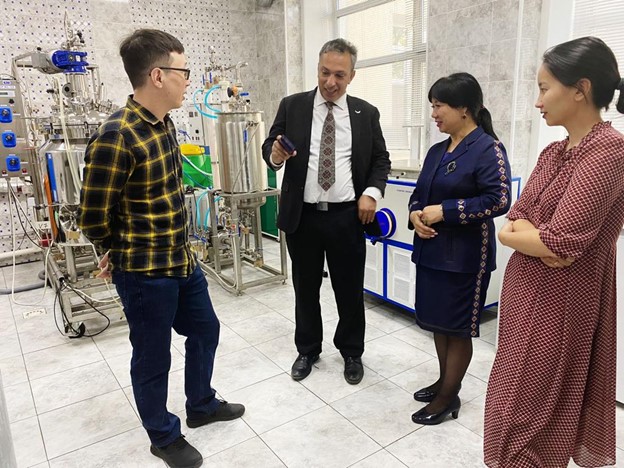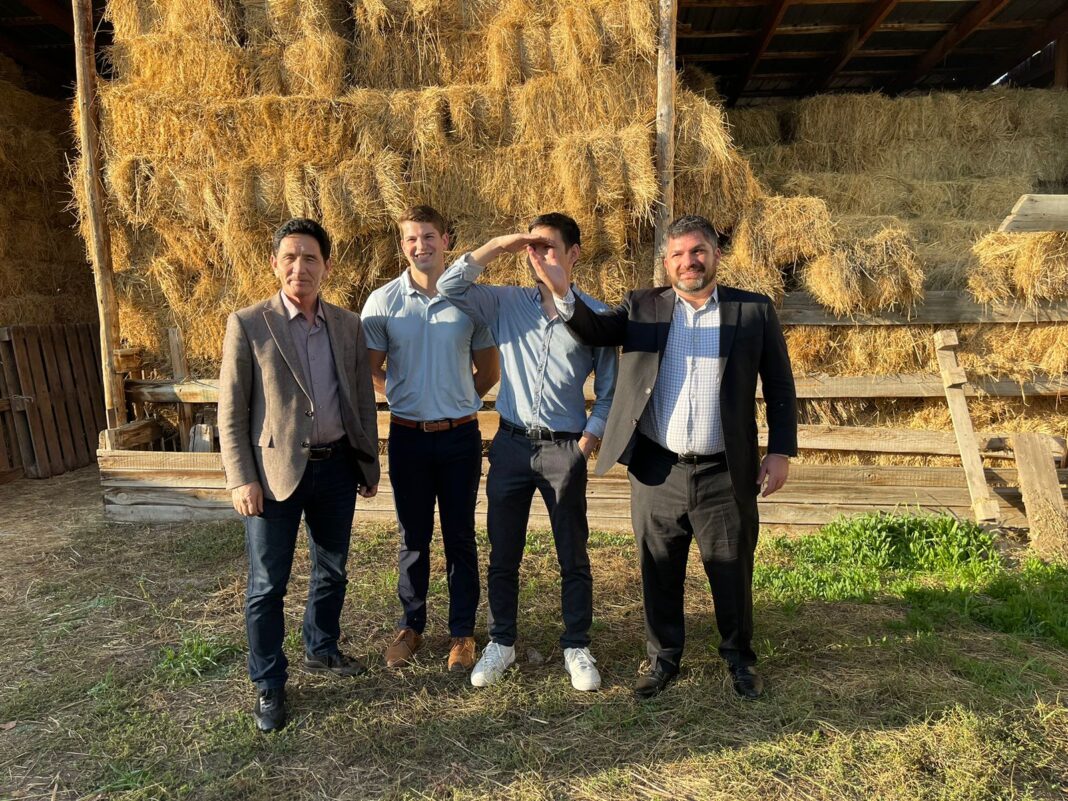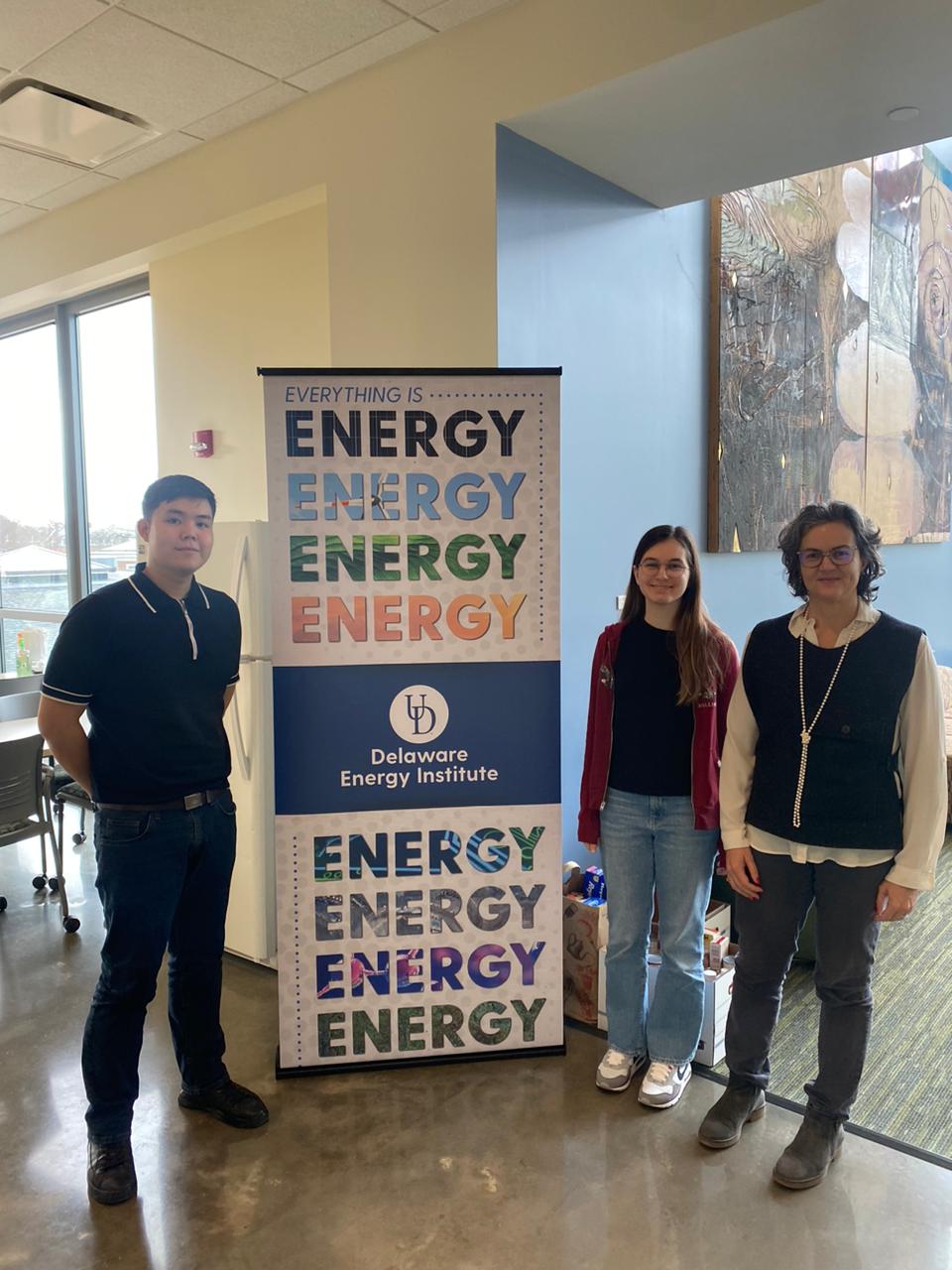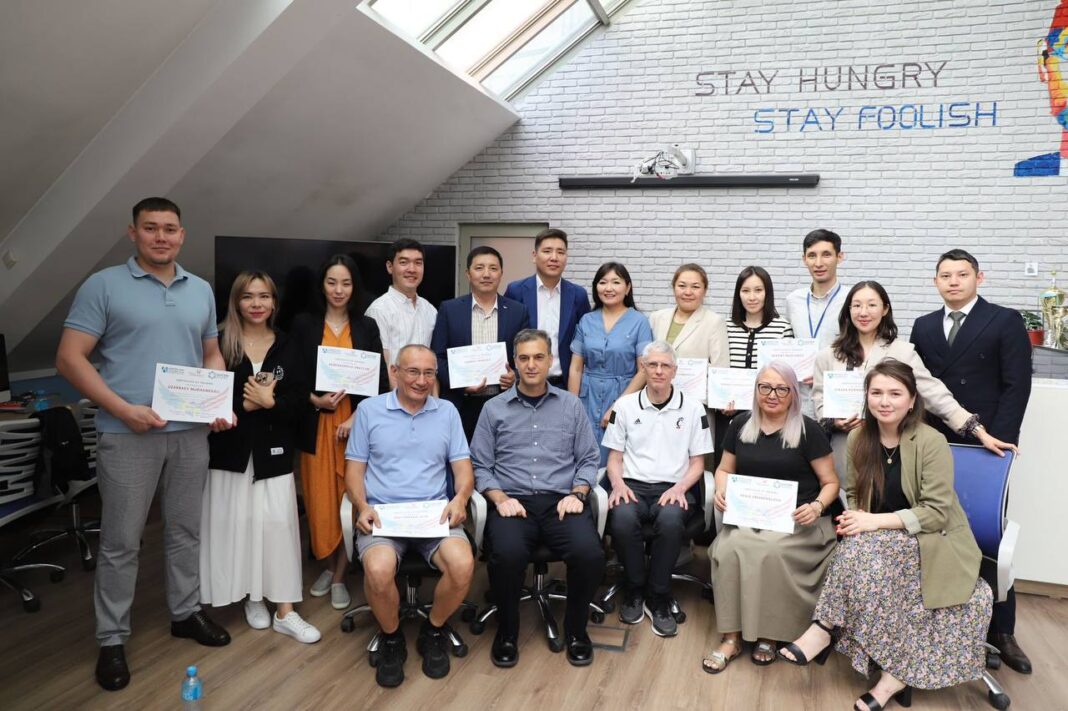“This project stirred a lot of interest on both sides. Lots of my colleagues at WPI became really interested in exploring further opportunities with Kazakhstan. They ask me ‘what’s coming next?’”- Oleg Pavlov
Across the West and much of the world, a pedagogical revolution has taken place. Project-based learning, or PBL, has become the gold standard for teaching in top STEM programs and universities. Assignments, modules, courses, and even whole programs are organized around it. Whereas a traditional lecture model provides students with content and asks them to memorize it, PBL simulates real-life conditions by introducing students to a situation, asking them to define a problem, and then providing guidance as they figure out how to solve it. PBL is not only effective in the present, it is the pedagogy for the future: training students in techniques and approaches that will work to solve problems that haven’t been invented yet.
A partnership between Kostanay State University and Worcester Polytechnic Institute (WPI) sought to modernize the pedagogy. Their project, dedicated to bringing PBL capacity to STEM programs in Kazakhstan, was funded by a grant awarded through the U.S-Kazakhstan University Partnerships Program, administered by American Councils and funded by the US Department of State through the US Embassy in Kazakhstan.
WPI is the go-to institution for project based learning: “PBL is used in every department from humanities to engineering,” explained PI Oleg Pavlov, noting that it embedded in different forms from a single project to the organizing curricular principle for an entire set of courses. The university’s Center for Project-Based Learning has worked with approximately 200 colleges and universities. They take a capacity-building approach. As Kimberly LeChasseur, the Center’s Research and Evaluation Associate, explained: “What we do is work with faculty so that they … really understand what project-based learning looks like, how to develop assignments, and how to assess those assignments so that they can carry those skills forward beyond the lifetime of our particular collaboration.”
The project had three objectives: 1) to codesign SMART goals for professional development and capacity building 2) to engage faculty in deep learning about PBL (its value, best practices, how to develop curricula) and 3) to design an action plan with practical organizational strategies tailored to KSU.
DEVELOPING PROBLEM-BASED LEARNING
KSU brought their Math, Physics and Ecology departments to the partnership. Oleg Pavlov, the PI from Worcester Polytechnic Institute, worked and coached the Kazakhstan partners on developing Action Plans, and each department provided their action plans back to WPI. Using these plans, the Center developed a series of asynchronous tools.
First, WPI organized a ‘curriculum walk’ for the KSU faculty: an experience of exploring a curriculum in depth as the team “walks” through the various ways that learning is organized for students. It provided a set of interactive tools to let users explore the WPI curricula, ask clarifying questions, make connections to the curricula at KSU, and engage with WPI asynchronously. It featured three STEM programs selected for their relevance to KSU: Environmental Engineering, Environmental and Sustainability Studies, and a new Community Climate Adaption Program.
The second tool consisted of webinar videos which offered an asynchronous version of the workshops that the Center is so well known for. The webinars covered topics such as how to think about PBL, how to make space in courses, how to identify potential problems and resistance, and strategies for resolving these issues. They described the variety of options for faculty starting out, including mini projects, flipped classrooms, and redesigned labs.
In all, seven programs were revised, including nine syllabi. Six KSU faculty participated, from the Math, Physics and Ecology departments; the project also involved three KSU administrators. From the WPI side, eleven faculty participated, offering eight skill development workshops. KSU faculty and staff found the experiences useful. Faculty noted in the post-survey that the experience had introduced them to the pedagogy, helped them understand how it can be included in STEM classes and fostered their desire to use it.
SUSTAINABILITY
The project offered built-in mechanisms for sustainability. As part of their work, the KSU team developed “The PBL Methodological Guidelines” and developed an action plan that articulated strategies for implementing PBL in relevant STEM courses and programs. A virtual KSU-WPI Networking Event in June brought together ten faculty members from WPI and nine non-WPI faculty members from Kazakhstan, Uzbekistan, and Kyrgyzstan attended the event. And LeChasseur offered a mentoring session at IHEEP (Internationalization of Higher Education: Effective Partnerships between U.S. and Kazakhstan Universities) focused on identifying potential partners, approaching faculty in engaging ways and sustaining partnership.
Most important, the grant established a group of core faculty who can serve as leaders in curricular development in project-based learning in the region. By the end of the project, six KSU instructors had earned 72-hour certificates from The Center for Project-Based Learning. And the ideas are spreading. Yelena Kandalina presented “Modifying curriculum for project-based learning” at the Kazakh Teachers of English Association (KazTEA) conference, featuring her own work with project-based assessment in one class and mini-research projects in another.
WPI’s Center for Project-Based Learning has also opened new doors through this, their first asynchronous experience. LeChasseur described the importance of the grant to their development: “It was really this ‘Aha!‘ moment for the Center where we think about how to do more work like this where we are not synchronous.” Pavlov added: “Working on this project was a great experience. We hope to have more opportunities to collaborate with our Kazakhstani colleagues.
About the U.S.-Kazakhstan University Partnerships Grants Program:
The U.S.-Kazakhstan University Partnerships Program builds capacity for substantive international engagement between higher education institutions in the United States and Kazakhstan. It facilitates partnerships that modernize curricula and enhance teaching capacity in STEM fields, increase research capacity –particularly in the areas of renewable energy, environmental sciences and air quality — and enhance institutional capacity for internationalization.
About the University Partners:
Kostanay State University is the leading educational, scientific, methodological and cultural center in the northern part of Kazakhstan. It has approximately 7,000 students.
Worcester Polytechnic Institute

